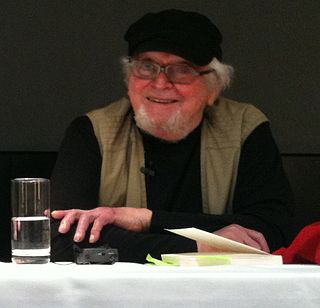A Quote by Stephen R. Lawhead
Humility, if it comes at all, almost always comes too late.
Related Quotes
We live, understandably enough, with the sense of urgency; our clock, like Baudelaire's, has had the hands removed and bears the legend, "It is later than you think." But with us it is always a little too late for mind, yet never too late for honest stupidity; always a little too late for understanding, never too late for righteous, bewildered wrath; always too late for thought, never too late for naïve moralizing. We seem to like to condemn our finest but not our worst qualities by pitting them against the exigency of time.
I thought that if the right time gets missed, if one has refused or been refused something for too long, it's too late, even if it is finally tackled with energy and received with joy. Or is there no such thing as "too late"? Is there only "late," and is "late" always better than "never"? I don't know.
Too-lateness, I realized, has nothing to do with age. It’s a relation of self to the moment. Or not, depending on the person and the moment. Perhaps there even comes a time when it’s no longer too late for anything. Perhaps, even, most times are too early for most things, and most of life has to go by before it’s time for almost anything and too late for almost nothing. Nothing to lose, the present moment to gain, the integration with long-delayed Now.
Life is insanely robust, though we can make species go extinct, and this is the bad thing. So I always make the point that you can't say, 'Is it too late?' That is the terrible question, because either answer promotes inaction. If it's too late, you don't need to act; if it's not too late, you don't need to act.



































